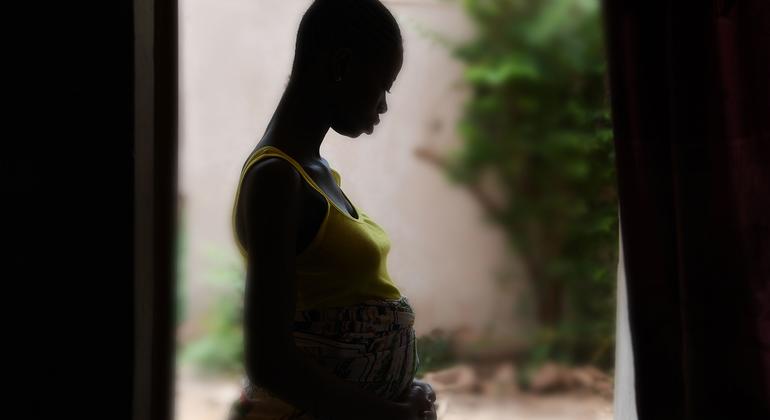Teenage pregnancies have become an alarming issue, representing one of the main causes of death among 15 to 19-year-old girls, according to a recent report by the World Health Organization (WHO). This entity has emphasized the urgent need for countries to adopt policies that allow adolescents to continue their education and, at the same time, eradicate child marriage.
Annually, more than 21 million adolescents in low and middle-income countries face unintended pregnancies. Most of these cases occur in girls who have married before the age of 18. Dr. Pascale Allotey, director of Sexual and Reproductive Health at WHO, emphasized the serious physical and psychological consequences that these young girls face. “These early pregnancies reflect fundamental inequalities that affect young women’s ability to make decisions about their relationships and their lives,” explained Allotey.
Teenage pregnancy not only carries a high risk of infections and complications but also interrupts education and limits future job opportunities, trapping many of these young mothers in a cycle of poverty. WHO has urged governments to offer alternatives to child marriage, promoting access to education, financial services, and job opportunities.
Meanwhile, the United Nations Children’s Fund (UNICEF) has stated that if all girls completed secondary education, child marriage could decrease by up to two-thirds. Despite global advancements in the teenage pregnancy rate, the situation remains concerning. In 2021, one in every 25 girls gave birth before the age of 20, compared to one in every 15 in 2001. However, in some countries, almost one in ten girls continues to have children in their teenage years.
Dr. Sheri Bastien, Adolescent Sexual and Reproductive Health scientist at WHO, stated that child marriage deprives girls of their childhood and has severe repercussions on their health. Bastien also emphasized the importance of education as a fundamental means to transform the future of young women. It is essential that both boys and girls learn about consent and address the gender inequalities that perpetuate child marriage and early pregnancy.
The new WHO guidelines revise the 2011 recommendations and promote comprehensive sexual education, considered crucial for young people to learn about contraceptive methods and available health services. WHO has pointed out that comprehensive sexual education can reduce teenage pregnancies, delay the onset of sexual activity, and improve reproductive health knowledge among adolescents.
Source: MiMub in Spanish










